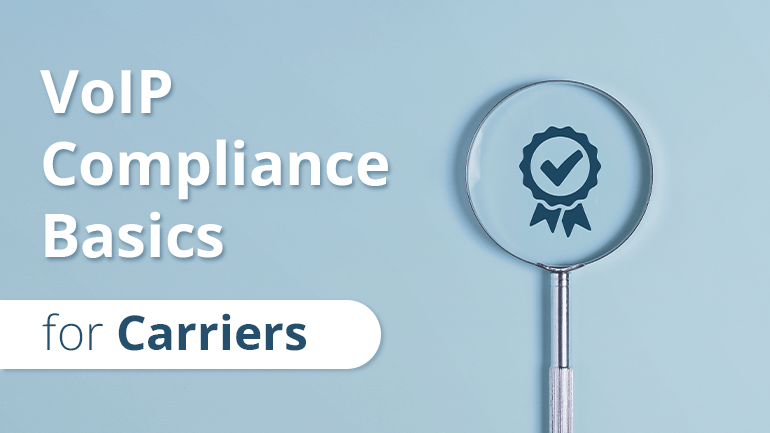Oculeus, an innovative telecommunications software provider from Germany, has announced the launch of a cloud-based fraud protection service. The new solution, branded with the name Oculeus-Protect, is designed to meet the growing needs for security in the enterprise telecoms industry. The new fraud protection service is supported by the company’s regional cloud environment, and is currently available throughout Europe, and North and South America. The software provider defines the new service as “a real-time telecoms fraud protection service that provides enterprises an intelligent and automated framework to efficiently prevent false charges resulting from unauthorized usage of enterprise telecommunication channels by cybercriminals and other perpetrators of telecom fraud”. They claim that the software is able of block fraudulent telecommunications traffic within milliseconds, and have positioned the service to be totally independent of user’s telecommunications service provider. “There is a clear and definite need for our new telecoms fraud protection service,”…
Vodafone New Zealand recently announced it will be the first telecommunications company to launch an Intelligent Digital Human in cooperation with a Kiwi company, FaceMe. While the identity of the Digital Human should be revealed within the next two months, it is already clear that the AI-based assistant will be of great benefit in improving the self-service experience for Vodafone’s customers, and allow staff to devote time working with more complex customer demands. “Great customer experience happens through meaningful conversations. FaceMe has evolved AI technology to create Intelligent Digital Humans that are human-like in their appearance and interaction. Thanks to machine learning, they are capable of continuously learning how to anticipate our customers’ needs and better serve them,” explained Vodafone’s director of Customer Operations, Helen van Orton. Orton emphasized that this initiative is not a replacement for front-line customer service, but will rather aid in maximizing staff…
Proximus has sold its data centers to Datacenter United, marking a major shift in Belgian telecoms. This enhances Datacenter United’s infrastructure, while Proximus remains a client under a long-term agreement.
Nokia and Lenovo are redefining network capabilities for AI data centers with their strategic partnership. This collaboration guarantees advanced infrastructure for telecoms and cloud providers.
The UAE-based telecoms giant, e& UAE, has shattered records by achieving a staggering 62 Gbps speed on their cutting-edge 5G-Advanced network. By amalgamating high and low-band frequencies, leveraging MU-MIMO technology, and collaborating with Ericsson, they enhance download speeds.
RACSA and Nokia have launched Costa Rica’s first 5G network, targeting key urban centers and marking a major shift in connectivity. With 30 sites already in cities like San Jose, their plan to expand to 500 shows the transformative potential of 5G.
The UK’s Advertising Standards Authority (ASA) has clamped down on misleading broadband pricing ads by major telecoms like BT and Virgin Media, emphasizing the need for transparency in voip services. This initiative against “greedflation” compels providers to clearly present potential voip mid-contract price hikes.
Barcelona-based satellite IoT provider Sateliot has secured €10 million in a Series B funding round led by Global Portfolio Investments. This investment will enhance Sateliot’s NB-IoT constellation, aiming for 100 satellites by 2028. The company plans to offer real-time global coverage, targeting sectors like agriculture, industry, and logistics.
Vodafone Idea has struck a $3.6 billion deal with Nokia, Ericsson, and Samsung to boost its 4G and 5G network capabilities over three years. This strategic move aims to expand 4G coverage and introduce 5G in select markets, enhancing their service offerings and network efficiency while meeting rising market demands.
Regulatory compliance is crucial for VoIP carriers to ensure the delivery of reliable communication services. Non-compliance can result in severe penalties, loss of licenses, and reputational damage. This article provides an overview of key regulations, such as data protection and emergency services, that carriers must navigate to operate legally and protect consumers.













